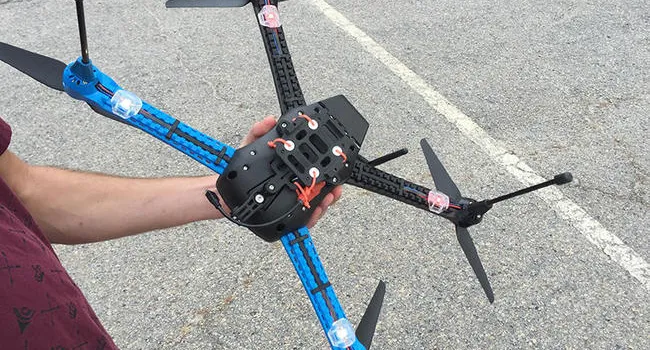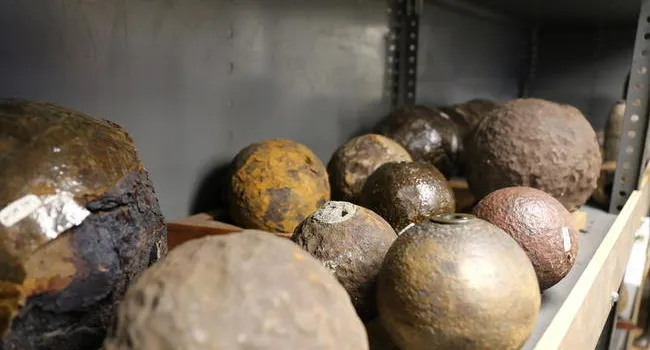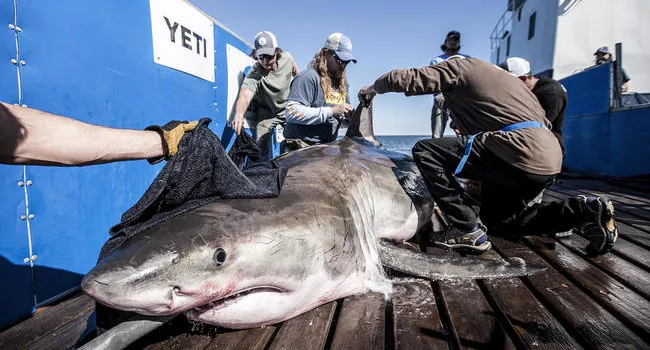Once-endangered, alligators have made such a comeback under federal and state protection that hunting them is now allowed by the state during a one-month season. Many have also intruded enough into human space to become tagged as “nuisance alligators,” which must be removed by state or private personnel. Jay Butfiloski, alligator and fur-bearer expert from the S.C. Dept. of Natural Resources, says a nuisance alligator is simply a gator in a place where someone doesn’t want it to be, whether it’s a private pond or a shopping center parking lot.
But private contractor Justin Ludy has high standards which must be met before he removes an alligator, most of which have to be euthanized. The main criterion is that the alligator was fed by humans, which is both illegal and the cause of the gator’s demise, because after being fed it loses its fear of humans and approaches them, seeking food. Merely capturing an alligator and releasing it miles away seldom works, because, Butfiloski says, alligators have an uncanny sense of direction and can find their way back to the place they were removed, even up to 50 miles, and maybe more.












